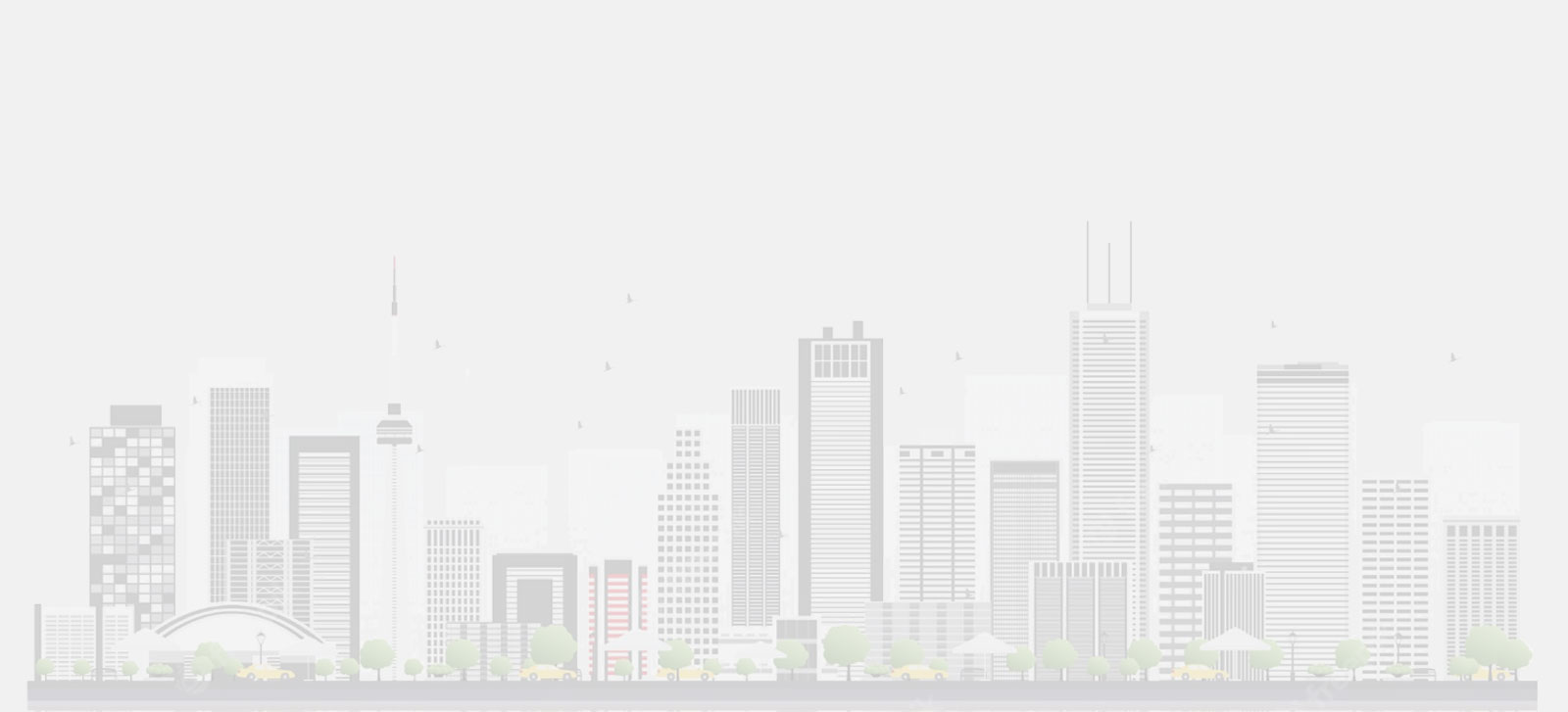
Protected persons are individuals who have been granted refugee status in Canada based on a well-founded fear of persecution in their home country. While Canada welcomes and supports those seeking protection, it is essential to be aware that protected person status does not automatically guarantee freedom from inadmissibility. This page will help you understand the concept of inadmissibility and the factors that may affect protected persons in their immigration journey.
What Is Inadmissibility?
Inadmissibility refers to the legal grounds on which a person may not be allowed to enter or remain in Canada. These grounds are stipulated by Canadian immigration law and regulations. Various factors can render an individual inadmissible, even if they have been granted protected person status. Below, we explore the key aspects of inadmissibility for protected persons.
Types of Inadmissibility
1. Security Grounds
Security grounds may include situations where a protected person is believed to pose a security risk to Canada. This could be due to involvement in criminal activities, terrorism, or espionage.
2. Human or International Rights Violations
In cases where a protected person has committed crimes against humanity or war crimes, they may be deemed inadmissible. Canada takes a strong stance against individuals involved in such activities.
3. Criminal Inadmissibility
A protected person with a criminal record may still be considered inadmissible. It's crucial to address any criminal history and its impact on your immigration status.
4. Medical Inadmissibility
Health conditions that are a danger to public health or may result in excessive demand on Canada's healthcare system can also lead to inadmissibility.
5. Misrepresentation
Providing false or incomplete information on your immigration application can result in inadmissibility.
Addressing Protected Person Inadmissibility
1. Review Your Case
Consult with our qualified immigration consultant to review your situation and determine the specific reasons for your inadmissibility.
2. Waivers and Appeals
In some cases, it may be possible to apply for a waiver to overcome inadmissibility. Additionally, you may have the right to appeal a decision if you believe it is unjust.
3. Legal Representation
Having experienced legal representation is often crucial when dealing with complex inadmissibility issues. A skilled immigration consultant can help navigate the process effectively.
4. Compliance with Legal Obligations
To avoid inadmissibility, ensure you comply with all legal obligations, such as attending required interviews or reporting address changes.
While protected persons in Canada enjoy a safe haven, it is important to be aware of the potential challenges related to inadmissibility. Understanding the grounds for inadmissibility and the steps to address them is vital for a successful immigration journey.
As a Canadian immigration consultancy, we are here to guide and support you through the complexities of the immigration process. If you are a protected person facing inadmissibility issues, please reach out to us for expert advice and assistance tailored to your specific situation. Our team is dedicated to helping you overcome obstacles and achieve your immigration goals while upholding the values of the Canadian immigration system.

